We all know how fast the world changes, right? It can be overwhelming trying to keep up with new skills and knowledge. If you’ve ever felt like you’re falling behind, you’re not alone; lifelong learning can feel like a daunting task.
But don’t worry! If you stick with me, I’ll share some straightforward strategies that can make lifelong learning not just manageable but enjoyable. You’ll discover how to set goals, create a schedule, and engage with fantastic resources and communities.
Together, we’ll explore practical tips to help you weave learning seamlessly into your everyday life, maintain a growth mindset, and finally feel like you’re keeping pace or even getting ahead!
Key Takeaways
- Set clear, specific learning goals using the SMART criteria to stay focused.
- Create a realistic learning schedule that includes regular time slots for study.
- Utilize online learning platforms like Coursera and Udemy for accessible courses.
- Engage with learning communities online and in-person to boost motivation.
- Participate in workshops and seminars for hands-on experience and networking.
- Seek feedback and mentorship to accelerate your learning and growth.

Effective Strategies for Lifelong Learning
Setting Clear Learning Goals
Setting clear learning goals is crucial for effective lifelong learning.
Start by identifying what you want to learn—this could be a new language, a skill like coding, or understanding complex topics in your field.
Use the SMART criteria to shape your goals: they should be Specific, Measurable, Achievable, Relevant, and Time-bound.
For example, instead of saying, “I want to learn photography,” specify, “I want to learn how to take portrait photos like a pro in three months.”
Write down your goals and keep them visible; this serves as a constant reminder of what you’re striving for.
Break larger goals into smaller milestones to avoid feeling overwhelmed, and celebrate each achievement to stay motivated.
Creating a Learning Schedule
A learning schedule is your roadmap to ensure you stay on track.
Start by assessing how much time you can realistically dedicate to learning each week; be honest with yourself here.
Try a time-blocking method: allocate specific time slots for learning, making sure to include regular breaks to avoid burnout.
Use tools like Google Calendar or apps like Trello to organize your learning tasks visually.
You might plan an hour of language practice every morning and block two hours on weekends for deep dives into your subject matter.
Sticking to a consistent schedule helps build a routine that makes learning a natural part of your day.
Utilizing Online Learning Resources
There’s a vast world of online resources just waiting for you to explore!
Start with platforms like Coursera, Udemy, or Khan Academy, which offer courses on nearly every subject imaginable.
Take advantage of free resources as well; websites like edX and MIT OpenCourseWare let you access high-quality educational materials at no cost.
When choosing courses, check reviews and ratings to ensure you’re getting quality content that aligns with your learning goals.
Consider supplementing formal courses with YouTube tutorials or podcasts; they can provide different perspectives and enhance your understanding.
Make a point to apply what you learn through projects or exercises to reinforce your knowledge.
Engaging with Learning Communities
Connecting with like-minded learners can enhance your lifelong learning experience.
Join online forums related to your interests, such as Reddit or specialized Facebook groups; they are great places to ask questions and share insights.
Participate in local meetups or workshops to engage with peers in person and expand your network.
Consider platforms like Meetup or Eventbrite to find events near you.
Collaboration increases motivation, as you can share resources and support each other’s learning journeys.
A study showed that students who engage in communities are twice as likely to persist in their learning.

Taking Advantage of Workshops and Seminars
Workshops and seminars can be game-changers in your learning journey.
These events provide hands-on experience and direct interaction with experts in the field.
Look for workshops in your area via platforms like Meetup or local community centers to find sessions that pique your interest.
Online platforms also host webinars on various topics, making it easy to join from anywhere.
Don’t just attend; actively engage by asking questions and networking with others to deepen your understanding.
After the event, take time to review what you’ve learned and apply it to your projects.
Many participants find that their skills develop faster through the collaborative learning environment that workshops offer.
Seeking Feedback and Mentorship
Feedback and mentorship can accelerate your learning more than you might expect.
Identify mentors who can guide you in your chosen field; they can provide valuable insights and hold you accountable.
Don’t hesitate to reach out to professionals for guidance, whether it’s through LinkedIn or local meetups.
Regular feedback from peers or mentors can help you pinpoint areas that need improvement.
Consider creating a structured feedback loop—set specific intervals for reviews to monitor your progress.
Also, be open to constructive criticism; it’s a vital part of growth.
Utilizing platforms like LinkedIn for professional networking can lead to noteworthy connections that foster your learning.
Remember, mentoring is a two-way street, so be sure to offer your insights and support in return.

Embracing Technology for Learning
In today’s digital age, technology plays a massive role in how we learn.
From interactive apps to virtual reality experiences, there’s a tool for every learning style.
Start by exploring educational apps that turn learning into a game, like Duolingo for languages or Khan Academy for math and science.
Webinars and online workshops allow you to learn from the comfort of your home while still getting expert insights.
Don’t forget about podcasts or audiobooks; they make it easy to absorb information on the go.
Experiment with different platforms to see which ones resonate most with you; it keeps the learning experience dynamic and engaging.
Most importantly, stay updated with the latest tech trends that can enhance your learning journey.
Maintaining a Growth Mindset
Maintaining a growth mindset is essential for effective lifelong learning.
This means believing that your abilities and intelligence can be developed through dedication and hard work.
Whenever you encounter setbacks, view them as learning opportunities instead of failures.
Practice self-reflection; after finishing a project, take time to assess what went well and what could be improved.
Surround yourself with positive influences—people who encourage growth and challenge you to improve.
Read books or articles about growth mindset, like “Mindset” by Carol S. Dweck, which can inspire you to adopt this attitude consistently.
Remember, progress takes time, so be patient and celebrate small victories along your learning path.
Integrating Learning into Daily Life
Integrating learning into your daily routine can make education feel less like a chore.
Start by setting aside a few minutes each day for learning; this could be a quick podcast during your commute or reading an article while having lunch.
Try to connect what you learn with your everyday activities. For instance, if you’re learning about nutrition, apply that knowledge while meal prepping.
Involve others in your learning, like sharing what you’ve learned with friends; teaching is a fantastic way to reinforce knowledge.
Keep a journal to jot down insights or new things you discover throughout the day. This helps solidify your learning.
Ultimately, make learning a priority; it can bring new perspectives and enrich your daily life tremendously.
Assessing Progress and Adjusting Plans
Regularly assessing your progress is essential to ensure you’re on the right track with your learning goals.
Set aside time, maybe once a month, to review your progress—what you’ve accomplished and where you may have fallen short.
Consider using a journal or digital tools like Notion to track your achievements and set new milestones.
If certain strategies aren’t working, don’t hesitate to adjust your learning plan; flexibility can lead to better outcomes.
Gather feedback from peers or mentors during these assessments, as their perspectives can provide valuable insights.
Stay open to changing your goals based on what you learn about yourself during your journey.
Remember, lifelong learning is a marathon, not a sprint, so make adjustments and keep moving forward.
FAQs
Effective strategies include defining specific, measurable, achievable, relevant, and time-bound (SMART) goals, breaking larger objectives into smaller tasks, and regularly reviewing and adjusting these goals based on progress.
To effectively use online resources, select reputable platforms, schedule regular study times, engage actively with materials (taking notes, participating in discussions), and utilize interactive elements like quizzes to reinforce learning.
Learning communities provide support, motivation, and collaboration. They facilitate knowledge sharing, enable networking with like-minded individuals, and foster accountability, enhancing the overall learning experience and encouraging perseverance.
Maintaining a growth mindset involves embracing challenges, learning from criticism, and celebrating effort over outcome. Regularly reflecting on experiences and seeking opportunities for improvement further supports this positive mindset.
